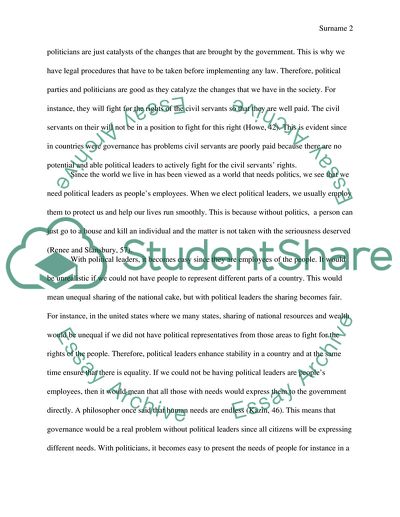Cite this document
(Society without Politicians and Parties - Utopia or Reality Research Paper, n.d.)
Society without Politicians and Parties - Utopia or Reality Research Paper. Retrieved from https://studentshare.org/politics/1788806-can-we-have-a-society-without-politicians-and-political-parties
Society without Politicians and Parties - Utopia or Reality Research Paper. Retrieved from https://studentshare.org/politics/1788806-can-we-have-a-society-without-politicians-and-political-parties
(Society Without Politicians and Parties - Utopia or Reality Research Paper)
Society Without Politicians and Parties - Utopia or Reality Research Paper. https://studentshare.org/politics/1788806-can-we-have-a-society-without-politicians-and-political-parties.
Society Without Politicians and Parties - Utopia or Reality Research Paper. https://studentshare.org/politics/1788806-can-we-have-a-society-without-politicians-and-political-parties.
“Society Without Politicians and Parties - Utopia or Reality Research Paper”, n.d. https://studentshare.org/politics/1788806-can-we-have-a-society-without-politicians-and-political-parties.


